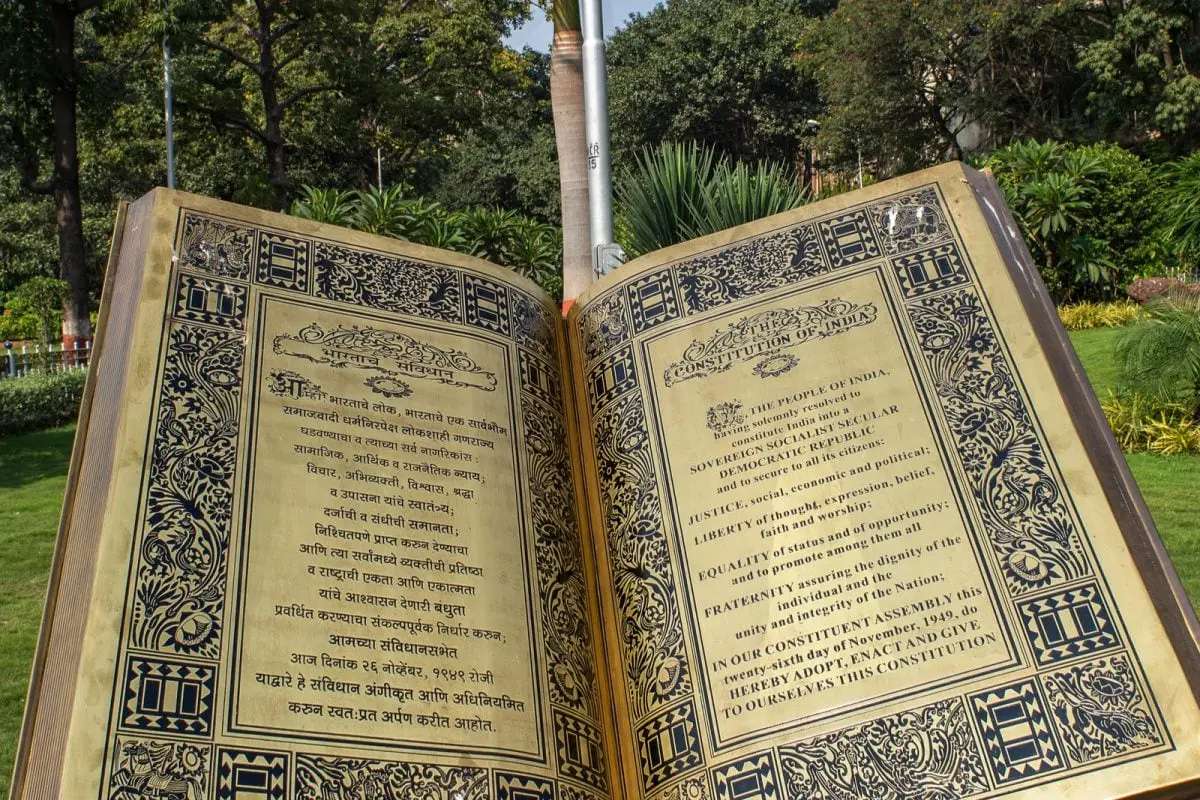This article was written and edited by the team at Anoop & Co. – AOR Anoop Prakash Awasthi, Adv. Parthvi Ahuja and Atluri Sri Vidya.
The 105th Amendment of the Indian Constitution passed in August 2019, introduced significant changes to the powers and functions of the State Election Commissions (SECs) in India. This amendment aimed to reduce the influence of state governments in the functioning of SECs and make them more independent. In this article, we will analyse four important aspects of the 105th Amendment and explore its implications for Indian democracy.
The Appointment and Removal Mechanism of State Election Commissioners:
Prior to the 105th Amendment, SECs were appointed and removed by the state governors with the advice of the state government. This gave state governments significant control over the functioning of SECs. The 105th Amendment changed this provision and introduced a new mechanism for the appointment and removal of SECs.
According to the amendment, the appointment and removal of SECs would now be made by the Governor of the state, on the advice of the Chief Minister of the state, in consultation with the State Election Commission. This mechanism aimed to reduce the influence of state governments in the functioning of SECs and make them more independent.
This change was aimed at making the process of appointment and removal of SECs more transparent and accountable. However, critics argue that the new mechanism does not go far enough in ensuring the independence of SECs. For example, the Chief Minister’s advice is not binding on the Governor, who can still make the appointment or removal on his own accord.
The Consultation between SECs and State Governments:
The 105th Amendment also introduced a new provision that required the State Election Commission to consult the state government while preparing electoral rolls and conducting elections. This provision aimed to ensure better coordination between the SECs and the state governments, which would help in the smooth conduct of elections.
While this provision is well-intentioned, critics argue that it gives state governments more power over SECs. For example, the provision does not specify the nature of the consultation and leaves it to the discretion of the state government. This may lead to state governments interfering in the functioning of SECs, especially in cases where the SECs are not in alignment with the state governments.
Opposition to the 105th Amendment:
The 105th Amendment faced opposition from several political parties, who argued that it was an attempt by the ruling party to interfere in the functioning of the SECs and manipulate local body elections. They alleged that the new appointment mechanism gave state governments a significant say in the functioning of SECs, which could lead to bias in local body elections.
However, the government defended the amendment, stating that it was aimed at strengthening the independence of the SECs and ensuring the smooth conduct of elections. The government argued that the consultation provision would help in better coordination between the SECs and the state governments, which would help in the smooth conduct of elections.
The Implications of the 105th Amendment:
The 105th Amendment has several implications for Indian democracy. The new appointment mechanism, while well-intentioned, does not go far enough in ensuring the independence of SECs. The provision of consultation between SECs and state governments may also lead to interference by state governments in the functioning of SECs.
Moreover, the 105th Amendment was passed without consulting the SECs or taking their feedback. This lack of consultation has raised concerns about the government’s commitment to the independence of SECs.
Conclusion:
In conclusion, the 105th Amendment of the Indian Constitution introduced important changes to the appointment and removal mechanism, and the powers and functions of the State Election Commissions in India. While the amendment aimed to reduce the influence of state governments in the functioning of SECs, it still leaves scope for interference by state governments, especially through the consultation provision. The new mechanism for the appointment and removal of SECs, though well-intentioned, falls short of ensuring the complete independence of SECs. Critics have argued that the Chief Minister’s advice being non-binding on the Governor makes it a mere formality.
Therefore, there is a need for a more robust mechanism to ensure that SECs remain truly independent and unbiased in their functioning. The provision of consultation between SECs and state governments may also lead to interference by state governments in the functioning of SECs, especially in cases where the SECs are not in alignment with the state governments. This provision, therefore, needs to be strengthened to ensure that the consultation is not a means of interference.
Moreover, the 105th Amendment was passed without consulting the SECs or taking their feedback, which raises concerns about the government’s commitment to the independence of SECs. Therefore, the government needs to ensure that any future amendments related to the functioning of SECs are made after due consultation with them. In conclusion, the 105th Amendment has several implications for Indian democracy, and while it is a step in the right direction, it falls short of ensuring the complete independence of SECs. Therefore, there is a need for further reforms to strengthen the independence of SECs and ensure the smooth conduct of elections in the country.




